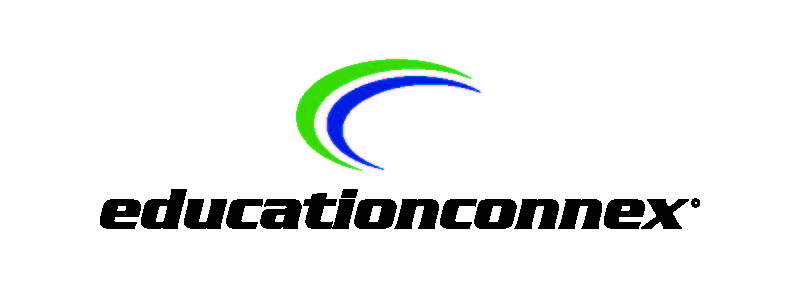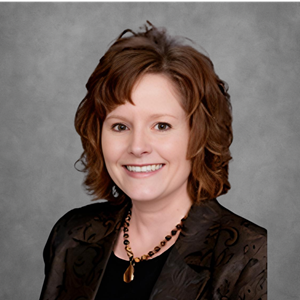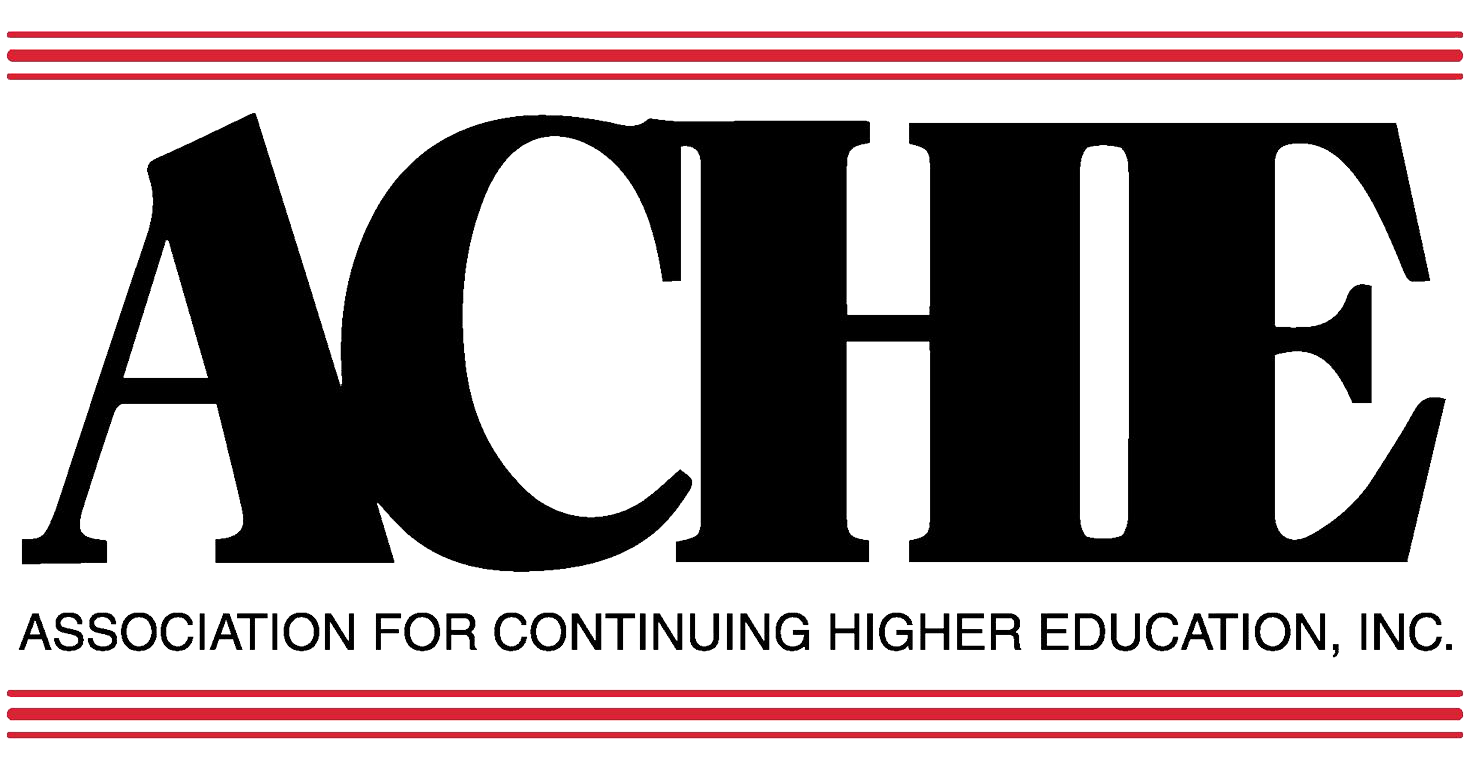ACHE South Region
Schedule at a Glance 2026 Full Schedule Keynote Speakers
Join us for the ACHE 2026 South Annual Conference
in the beautiful Savannah, GA | February 16-18, 2026

2026 Conference Registration Rates
Early Bird Rate (Before January 30, 2026)
- ACHE Member: $425
- ACHE Non-Member: $500
Regular Rate (After January 30, 2026)
- ACHE Member: $450
- ACHE Non-Member: $525
Registration ends February 3, 2026.
Register Now
2026 Sponsors

Alpha Sigma Lambda (ASLHS) is the honor society that partners with colleges and universities to celebrate the scholarship and leadership of adult students in higher education. ASLHS is devoted to the advancement of scholarship and the recognition of nontraditional students continuing their higher education to honor superior scholarship and leadership in adult students.

Education Connex partners with universities to drive Enrollment Management, Retention Solutions, and Workforce Integration for adult and graduate learner programs. We provide intelligent enrollment solutions tailored to the unique needs of today’s adult learners and high-velocity enrollment environments. Our USA-based team of performance marketers, student success professionals, and data analysts pushes the boundaries of the industry with depth, authenticity, and innovative technology. Focused on graduate and adult learners, we enhance student engagement at a human level, fostering meaningful connections that drive retention. By leveraging strategic workforce partnerships, we ensure learners are seamlessly integrated into professional environments, delivering impactful results for both students and universities.

- The ACHE South Region includes members in the following locations:
- Alabama
- Arkansas
- Florida
- Georgia
- Kentucky
- Louisiana
- Mississippi
- South Carolina
- Tennessee
- Texas
- Caribbean
- Puerto Rico
- Jamaica
Region Information
South Region Officers
-
Patrick Guilbaud
 Director Extended Education / Associate Professor Winthrop University (803)323-4785Chair
Director Extended Education / Associate Professor Winthrop University (803)323-4785Chair -
Dianna Rust
 Professor and Program Coordinator Middle Tennessee State University (615)898-5325Past Chair
Professor and Program Coordinator Middle Tennessee State University (615)898-5325Past Chair -
Marie MalloryPh.D. in Communication Chair, Strategic and Personal Communication Liberty University (256)493-9846Chair-Elect
-
Beth Crawford
 Professor and Department Head University of Tennessee at Chattanooga (423)425-5286Secretary
Professor and Department Head University of Tennessee at Chattanooga (423)425-5286Secretary -
Marilyn Read
 Director of Continuing Education Delta State University (662)846-4874Treasurer
Director of Continuing Education Delta State University (662)846-4874Treasurer


